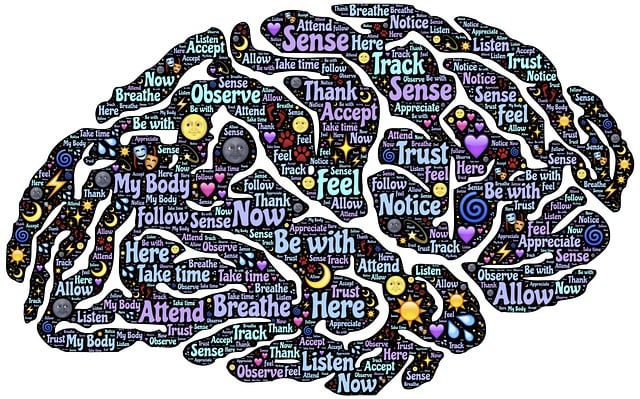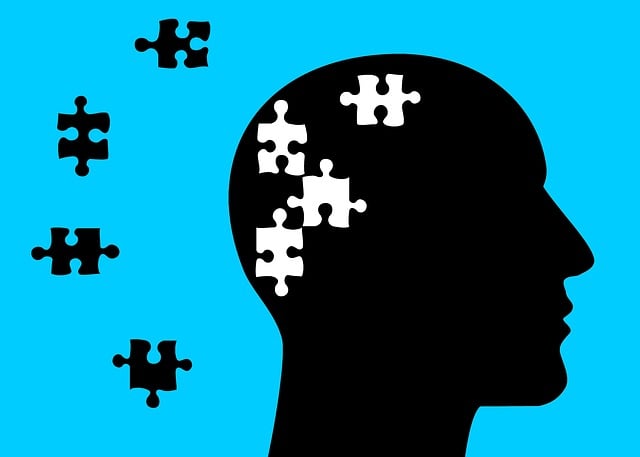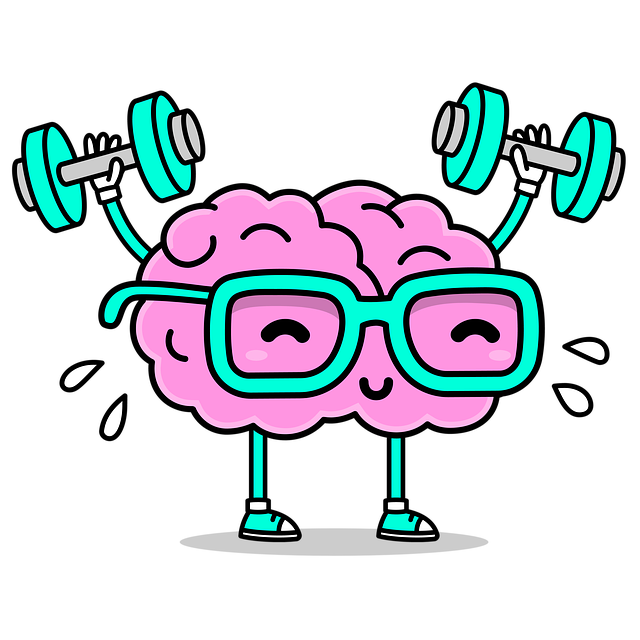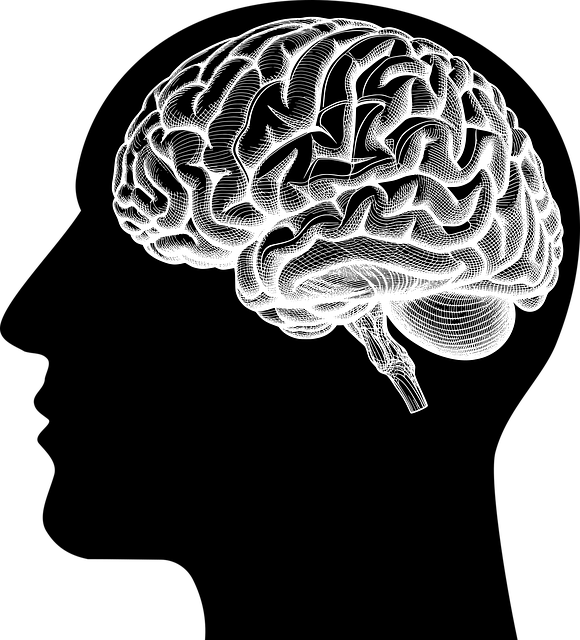Stress management is crucial for those dealing with Superior Panic Disorder (SPD) and anxiety attacks, which have genetic, neurological, and lifestyle triggers. Integrating crisis intervention guidance in education, holistic mental health programs, and personal journaling exercises empower students to handle stress. Cognitive Behavioral Therapy (CBT), mindfulness, and meditation are evidence-based techniques that enhance coping skills and reduce SPD and anxiety attack symptoms through structured guidance and regular practice. Mental health education and resilience building are key to long-term well-being for those affected by these disorders.
Stress management techniques are essential tools for navigating life’s challenges. This comprehensive guide delves into effective strategies, focusing on Cognitive Behavioral Therapy (CBT) as a powerful tool for alleviating stress and treating conditions like Superior Panic Disorder and Anxiety Attacks. We explore mindfulness practices, building resilience, and understanding the root causes of stress. By equipping individuals with these skills, we empower them to lead more balanced and fulfilling lives.
- Understanding Stress, Panic Disorder, and Anxiety Attacks
- The Importance of Teaching Effective Stress Management Techniques
- Cognitive Behavioral Therapy (CBT): A Powerful Tool for Stress Relief
- Mindfulness and Meditation Practices for Daily Application
- Building Resilience: Long-term Stress Management Strategies
Understanding Stress, Panic Disorder, and Anxiety Attacks

Stress is a natural response to demanding or threatening situations, but when it becomes chronic, it can significantly impact overall health and well-being. Understanding stress involves recognizing its physical, emotional, and mental manifestations, which can range from mild discomfort to severe panic symptoms. One such condition is Superior Panic Disorder (SPD), characterized by recurrent and intense panic attacks not caused by any specific medical or environmental factor. Anxiety attacks are another manifestation of elevated stress levels and can be a component of SPD or occur independently.
These disorders often stem from a combination of genetic predisposition, neurological factors, and life experiences. For mental health professionals, effectively managing stress involves mastering techniques to enhance resilience building and emotional well-being promotion. Risk management planning is crucial here, as it equips individuals with strategies to recognize and mitigate stressors before they escalate into anxiety attacks or full-blown disorders. Through tailored interventions, therapy can be a game-changer in treating SPD and anxiety attacks, providing lasting solutions for superior panic disorder and anxiety attacks therapy.
The Importance of Teaching Effective Stress Management Techniques

Teaching effective stress management techniques is paramount in today’s fast-paced world where mental health issues like Superior Panic Disorder and Anxiety Attacks are on the rise. Integrating crisis intervention guidance into educational curricula can equip students with essential coping strategies to navigate stressful situations. Mental health education programs designed with a holistic approach, including topics like mindfulness, breathing exercises, and cognitive reframing, foster resilience and promote overall mental wellness.
Beyond formal classroom settings, incorporating Mental Wellness Journaling Exercise Guidance offers individuals a personal avenue to explore and manage stress. This practice encourages self-reflection, allows for the identification of triggers, and provides a safe space to record emotions and thoughts. By combining structured guidance with personal exploration, these techniques empower individuals to proactively address their mental health, ultimately reducing the impact of stress-related disorders.
Cognitive Behavioral Therapy (CBT): A Powerful Tool for Stress Relief

Cognitive Behavioral Therapy (CBT) is a powerful tool for managing stress and overcoming conditions like Generalized Anxiety Disorder and panic attacks. This evidence-based approach focuses on identifying and changing negative thought patterns and behaviors that contribute to excessive worry and anxiety. By replacing these with more realistic and positive thoughts, CBT helps individuals develop effective coping skills.
Through structured guidance and exercises tailored to their needs, individuals learn valuable techniques such as mental wellness journaling to track and reframe anxious thoughts, boosting their confidence in managing stress triggers. This therapy encourages the development of healthier habits and a more balanced perspective, ultimately enhancing overall mental wellness.
Mindfulness and Meditation Practices for Daily Application

Mindfulness and meditation are powerful tools for managing stress, especially when it comes to treating Superior Panic Disorder and Anxiety Attacks. These practices encourage individuals to focus on the present moment, calming the mind and reducing the intensity of stressful thoughts. By integrating mindfulness into daily routines, one can develop a deeper sense of awareness and learn to observe their emotions without judgment.
Regular meditation sessions enhance mental wellness by fostering coping skills development. It allows individuals to detach from anxious thoughts and gain perspective, making it an effective therapy for those dealing with frequent anxiety attacks. Mindfulness meditation, in particular, has been shown to reduce stress levels, improve concentration, and promote overall emotional balance. This simple yet profound practice can be a game-changer for anyone seeking better mental health and a more peaceful mind.
Building Resilience: Long-term Stress Management Strategies

Building resilience is a key component of long-term stress management strategies. It involves developing the mental fortitude to bounce back from challenging situations, including those that trigger Superior Panic Disorder and Anxiety Attacks Therapy. By incorporating techniques such as mindfulness meditation, cognitive behavioral therapy, and regular physical activity into one’s Self-Care Routine Development for Better Mental Health, individuals can enhance their emotional well-being promotion techniques and cultivate a sense of control over stressful circumstances.
Mental Health Education Programs Design play a crucial role in empowering individuals to manage stress effectively. Through learning about the physiological and psychological effects of chronic stress, participants gain valuable insights into the importance of maintaining a balanced lifestyle. By integrating these lessons into daily routines, people can foster resilience, reduce anxiety symptoms, and improve overall mental health outcomes.
In conclusion, teaching effective stress management techniques is a vital component of holistic education. By understanding the complex interplay between stress, panic disorder, and anxiety attacks, we can empower individuals with powerful tools like Cognitive Behavioral Therapy (CBT) and mindfulness practices. Building resilience through long-term strategies ensures that people develop sustainable coping mechanisms. With these skills, students can navigate life’s challenges more effectively, leading to improved mental well-being and enhanced overall quality of life. Adopting comprehensive stress management programs is a superior approach to addressing panic disorder and anxiety attacks in education.












